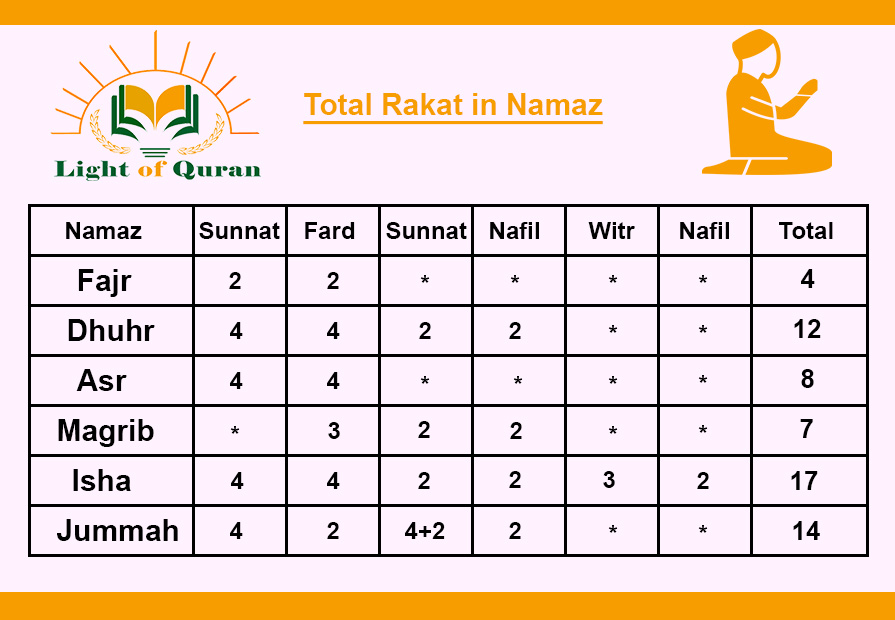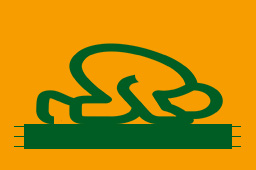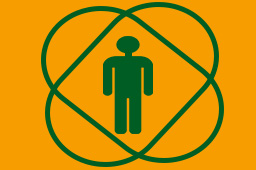Salah
Salah, or the daily ritual prayers, is the heart of a Muslim’s spiritual journey. It’s an act of devotion performed five times a day that draws one closer to Allah, offering a consistent reminder of faith, submission, and connection with the Creator. At Light of Quran, our aim is to provide resources and guidance to help every Muslim perfect their Salah, understand its significance, and develop a disciplined spiritual life centered around prayer.
The Significance of Salah in Islam
Salah is one of the Five Pillars of Islam and holds a sacred position in the daily life of every Muslim. It’s not merely a ritual but a profound act of worship, representing obedience, gratitude, and mindfulness toward Allah. Through Salah, Muslims acknowledge Allah’s blessings, seek His guidance, and strive for purity in thoughts and actions.
The significance of Salah is emphasized throughout the Quran, where Allah instructs Muslims to pray as an essential act of worship and connection to Him. In Surah Al-Baqarah, Allah commands, “And establish prayer and give zakah and bow with those who bow [in worship and obedience].” (Quran 2:43) This guidance highlights that Salah is central to being a faithful Muslim and strengthening one’s spiritual life.
The Five Daily Prayers and Their Timings
Each of the five daily prayers has specific times and unique spiritual meanings:
Performed before sunrise, Fajr signifies the start of the day and serves as a reminder to begin the day with purity and mindfulness. Praying Fajr grants spiritual tranquility and prepares one for a productive and blessed day
As the day reaches its peak, Dhuhr serves as a pause from worldly activities, allowing Muslims to renew their connection with Allah, thank Him for blessings, and seek guidance to continue their day with sincerity and patience.
Performed in the late afternoon, Asr reminds Muslims of the fleeting nature of time and encourages steadfastness in faith and purpose. This prayer is a call to remain focused on the spiritual amid daily tasks.
Offered immediately after sunset, Maghrib marks the transition from day to night, allowing Muslims to express gratitude for the day’s blessings and seek forgiveness for any shortcomings.
The final prayer of the day, Isha offers peace and calm before sleep. It signifies closing the day with the remembrance of Allah, seeking His protection, and surrendering all matters into His hands.
Each of these prayers has its unique significance, providing Muslims with the opportunity to stay connected with Allah throughout the day. These prayers ensure that no matter how busy or challenging life becomes, one always returns to the core of Islamic faith and devotion.
Rakats of Namaz

The Physical and Spiritual Benefits of Salah
The benefits of Salah are numerous and go beyond spiritual fulfillment. Regularly performing Salah has both physical and mental impacts that contribute to a balanced, peaceful, and healthy life.

Mental Clarity and Peace
Salah offers moments of peace and reflection, helping to reduce stress, anxiety, and emotional strain. The act of standing in prayer, bowing, and prostrating promotes mindfulness and a sense of calmness.

Physical Benefits
The physical movements in Salah, such as bowing and prostrating, serve as a form of exercise that stretches and strengthens various muscles. Prostration, in particular, improves blood flow to the brain, helping with mental clarity and foc

Discipline and Time Management
Praying five times a day requires time management and instills discipline. Muslims must organize their day around the prayer schedule, helping them lead more organized, purposeful, and productive lives.

Spiritual Connection
Above all, Salah is a spiritual exercise that brings Muslims closer to Allah. It serves as a reminder of one’s purpose in life, helping them remain focused on the values of Islam and the hereafter.
The Proper Way to Perform Salah
Learning and performing Salah correctly is essential to ensure that one’s prayer is valid and accepted by Allah. Salah includes specific actions, postures, and recitations that must be performed with focus, sincerity, and knowledge.
1
Begin with a pure intention. Niyyah is the resolve in one’s heart to perform prayer solely for Allah’s pleasure, marking the start of a sincere and focused act of worship.
2
The act of raising one’s hands and saying “Allahu Akbar” signifies the start of Salah, declaring that Allah is the Greatest and dedicating oneself to worship.
3
While standing, recite Surah Al-Fatihah, followed by another Surah from the Quran. This part of Salah reminds Muslims of Allah’s words and guidance, setting a tone of gratitude and reliance on Him.
4
Bow with your hands on your knees and say “Subhana Rabbiyal Adheem” (Glory be to my Lord, the Most Great). Bowing is a gesture of humility, recognizing Allah’s greatness and one’s submission to His will.
5
Prostration, with the forehead touching the ground, is the most humbling position in Salah, where one says “Subhana Rabbiyal A’la” (Glory is to my Lord, the Most High). Sujood is a moment of closeness to Allah, where one can make heartfelt supplications.
6
Sit and recite Tashahhud, affirming faith in Allah and sending blessings upon the Prophet Muhammad (PBUH). This segment reinforces the connection with the Prophetic tradition and the community of believers.
7
Conclude Salah by turning the head to the right and left, saying “Assalamu Alaikum wa Rahmatullah” (Peace and mercy of Allah be upon you). This final act signifies peace with oneself and the surrounding community, concluding the prayer with positivity and blessings
Begin Your Journey to Perfecting Salah
Salah is not only an obligation but a gift that nurtures a Muslim’s soul, fostering inner peace, gratitude, and a constant reminder of Allah’s presence. At Light of Quran, we strive to make this sacred practice accessible and meaningful for everyone. By offering detailed guidance, personalized support, and comprehensive resources, we aim to help you build a lifelong connection with Allah through Salah.
Join our Salah guidance program today and deepen your understanding of this essential act of worship. Let us be your companion in this journey, as you learn, grow, and find peace through Salah.
